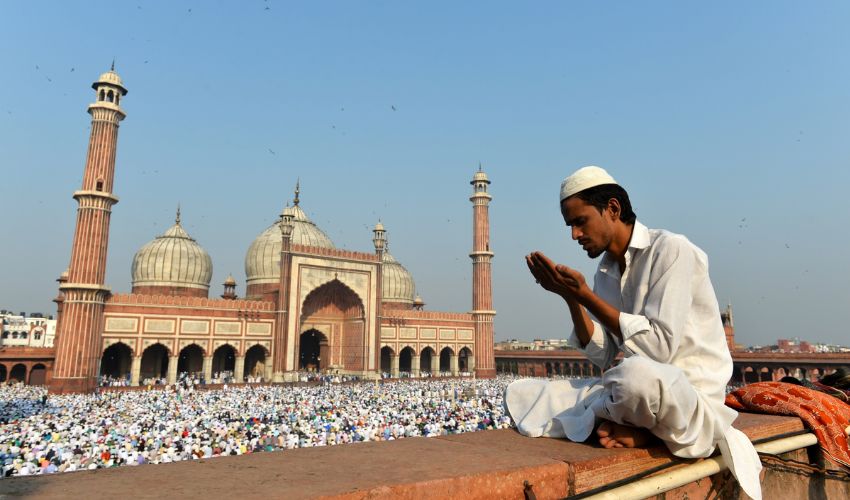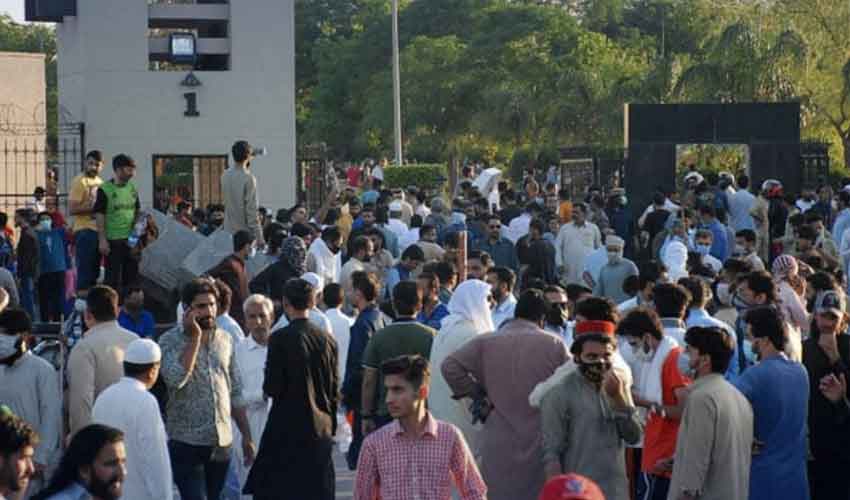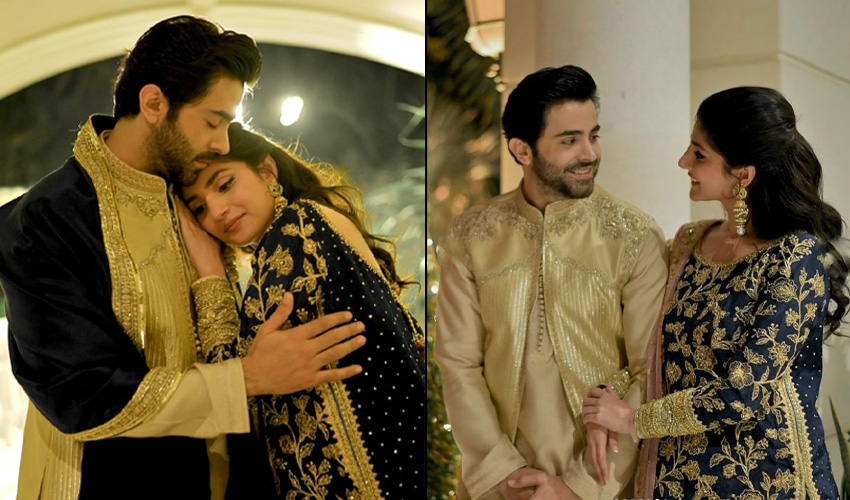As Prime Minister Narendra Modi embarks on his third term, his new cabinet notably lacks Muslim representation, a move signaling policy continuity and a potential conciliatory approach towards minorities, according to experts.
On June 10, 2024, the Indian Press Information Bureau released a photograph of Modi holding the first cabinet meeting in New Delhi. Modi retained key ministers, including External Affairs Minister Subrahmanyam Jaishankar, Home Minister Amit Shah, Finance Minister Nirmala Sitharaman, and Defense Minister Rajnath Singh. Jaishankar emphasized that "Modi 3.0" will focus on border issues with China and cross-border terrorism with Pakistan.
India and China, both nuclear-armed, have a longstanding border dispute, escalating into a military standoff since 2020. With Pakistan, India has fought three wars, two over the disputed Kashmir region.
Prof. Harsh V. Pant of the Observer Research Foundation noted that Jaishankar's reappointment suggests a continued firm stance against Pakistan and China, as well as active diplomacy on the global stage.
Despite Modi's historic third term, the BJP lost its absolute majority, securing 240 out of 543 parliament seats. The government was formed with support from the Telugu Desam Party (TDP) and Janata Dal (United) party, totaling 293 seats.
Crucial ministries remain with the BJP, with TDP receiving the civil aviation portfolio. R. Jagannathan of Swarajya magazine remarked that coalition partners' influence will be more behind the scenes, focusing on regional benefits for Bihar and Andhra Pradesh.
Modi's cabinet, diverse in state and caste representation, excludes the 200 million Muslim minority. Venkat Narayana, former professor at Kakatiya University, viewed this as a continuation of Modi's majoritarian agenda, which has faced criticism for undermining India's secular democracy.
However, with the opposition holding 232 seats, Modi may need to adopt a more conciliatory approach. Prof. Ajay Gudavarthy from Jawaharlal Nehru University suggested that BJP's alliance with TDP, which has Muslim backing, might moderate its agenda.
"The BJP might avoid radical agendas like mob lynching and instead pursue a cultural majoritarian approach," Gudavarthy said. "Let's wait and watch."



























